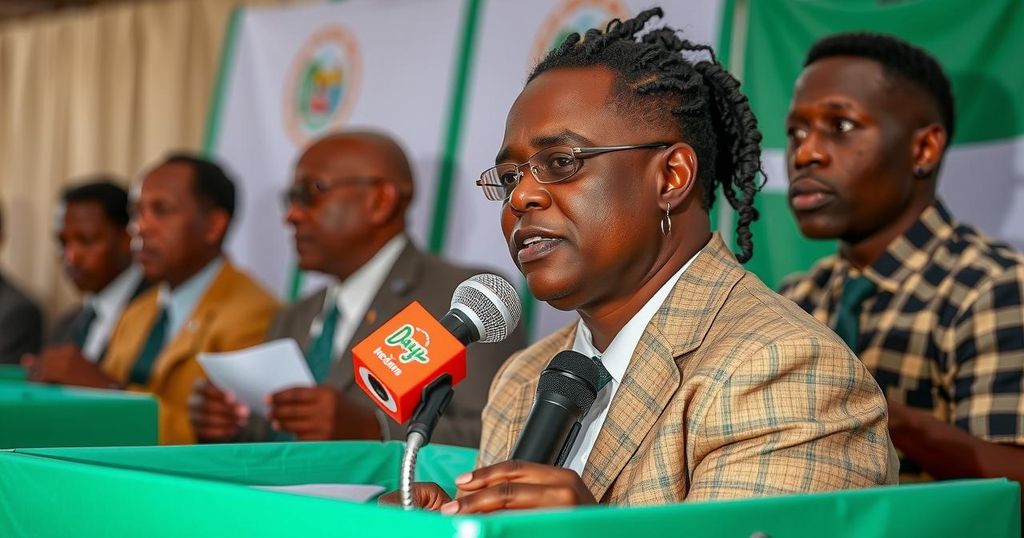2024 Southern Africa Elections Signal Major Political Shifts

The 2024 elections in Southern Africa witnessed significant electoral declines for long-governing liberation parties, as younger voters prioritized economic performance over historical legacy. Countries like Botswana and South Africa saw opposition victories highlight a desire for change, prompting a reevaluation of governance by established political entities. This trend suggests a potential political transformation in the region centered around demands for accountability and reform.
In the elections of 2024 across Southern Africa, many long-standing liberation parties faced significant defeats, reflecting a shift in public sentiment towards governance and economic performance. The electoral landscape is particularly influenced by a younger demographic, which has little recollection of the colonial past but is acutely aware of current economic challenges. In Botswana, for instance, the experienced defeat of the Botswana Democratic Party, which had been in power since 1966, demonstrated the electorate’s desire for change driven by rising youth unemployment and economic issues. Similarly, in South Africa, the African National Congress lost its majority for the first time since the end of apartheid, showcasing a growing discontent with corruption and insufficient service delivery. Meanwhile, Namibia’s South West Africa People’s Organization barely retained its parliamentary majority amidst indication of declining voter support, which signals a railed opportunity for political transformation in response to public concerns. These developments in various countries underscore a broader trend across the continent where citizens increasingly demand accountable governance and genuine reforms that address the pressing needs of the population.
The political landscape of Southern Africa has traditionally been dominated by liberation parties that have steered their nations since independence from colonial rule. However, recent electoral outcomes indicate a notable decline in their influence, primarily as a younger generation begins to wield electoral power. This demographic shift is crucial as the youth, who represent a majority of the population, prioritize present-day challenges such as employment, economic stability, and government accountability over historical legacies. Predictions suggest that the traditional strongholds of liberation parties may be faltering due to these changing expectations, ushering in a new political era characterized by heightened youth engagement and demands for more responsive governance.
The recent elections in Southern Africa have marked a significant departure from the political status quo, with traditional liberation movements suffering considerable electoral losses. The results reveal a burgeoning desire for political accountability among younger voters who prioritize effective governance over historical achievements. The decline of these long-standing parties could herald a new era of political dynamics across the region, prompting governments to reevaluate their policies and engagement strategies to meet the aspirations of their constituents. Furthermore, the observed trends across the continent illustrate a growing collective urgency for reform and an accountable government in the face of economic hardships.
Original Source: abcnews.go.com








